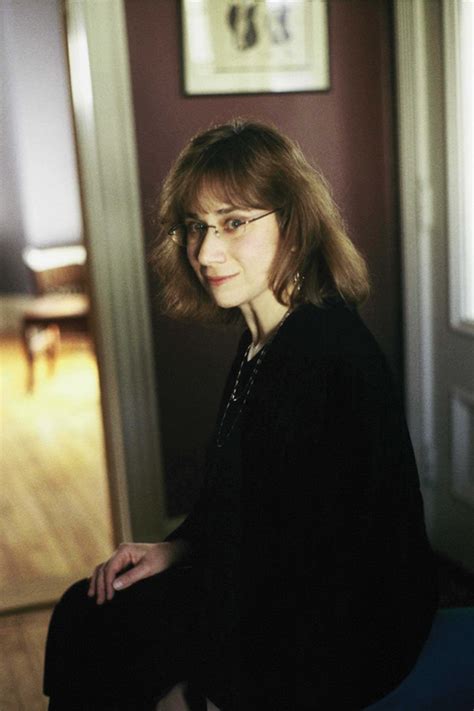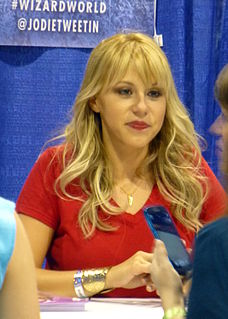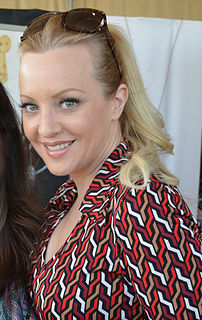A Quote by Nancy Werlin
Going back to my own past as a reader, I was a big, big reader of romances, particularly as a teenager, the age that my books are aimed at.
Related Quotes
In my couple of books, including Going Clear, the book about Scientology, I thought it seemed appropriate at the end of the book to help the reader frame things. Because we've gone through the history, and there's likely conflictual feelings in the reader's mind. The reader may not agree with me, but I don't try to influence the reader's judgment. I know everybody who picks this book up already has a decided opinion. But my goal is to open the reader's mind a little bit to alternative narratives.
I'm a reader. I like - I'm a great reader. I keep going back, though, to certain authors, just like I love film, but I keep going back to just five or six certain filmmakers. In literature I like Chekhov, for example; I think he's my favorite. And Flaubert - you know, that kind of concision. But I also like Tolstoy; I love those romances that, you know, weigh 500 pounds and take months and months and months to read.
The book is finished by the reader. A good novel should invite the reader in and let the reader participate in the creative experience and bring their own life experiences to it, interpret with their own individual life experiences. Every reader gets something different from a book and every reader, in a sense, completes it in a different way.




































